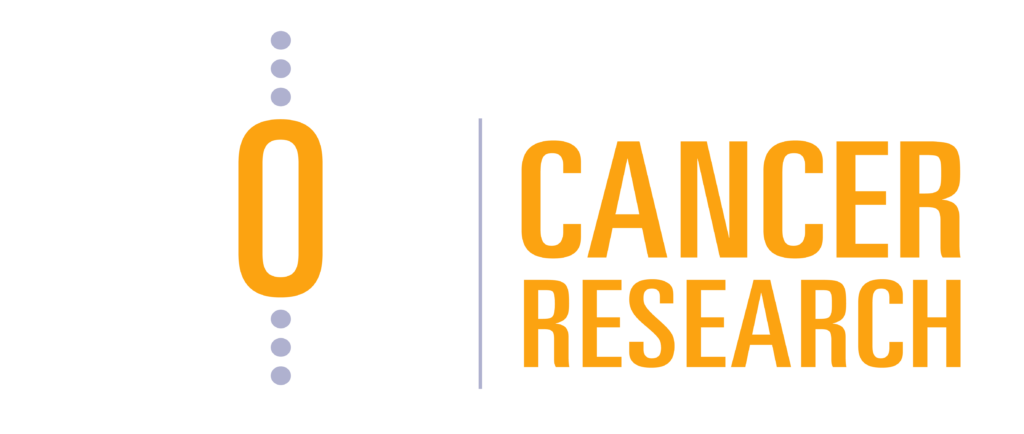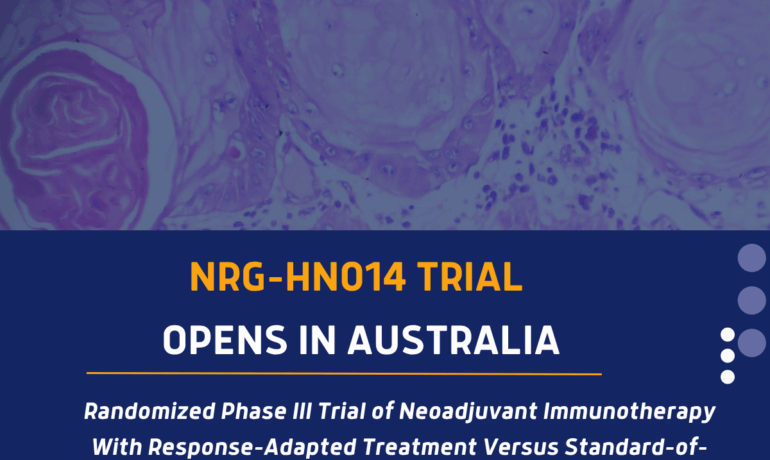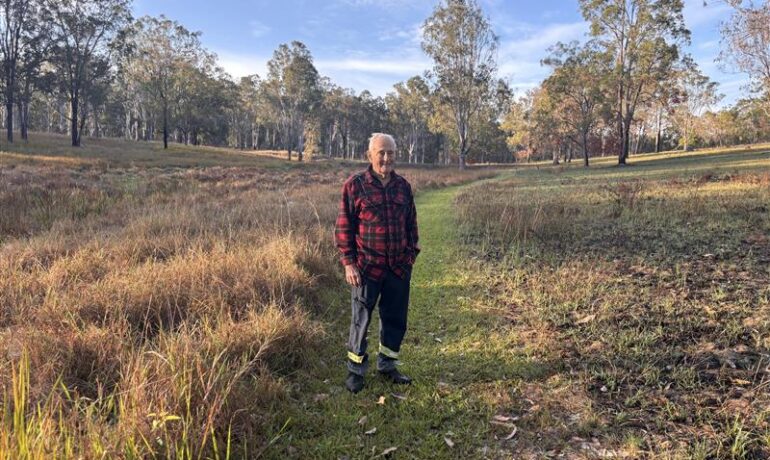Related Post
23 October, 2025
TROG collaboration sees international skin cancer trial open in Australia
LATEST NEWS: 23 October 2025 TROG Cancer Research has
21 October, 2025
Grandad’s mission to walk 10,000 steps a day to support cancer research
LATEST NEWS: 21 October 2025 Walking at least 10,000



